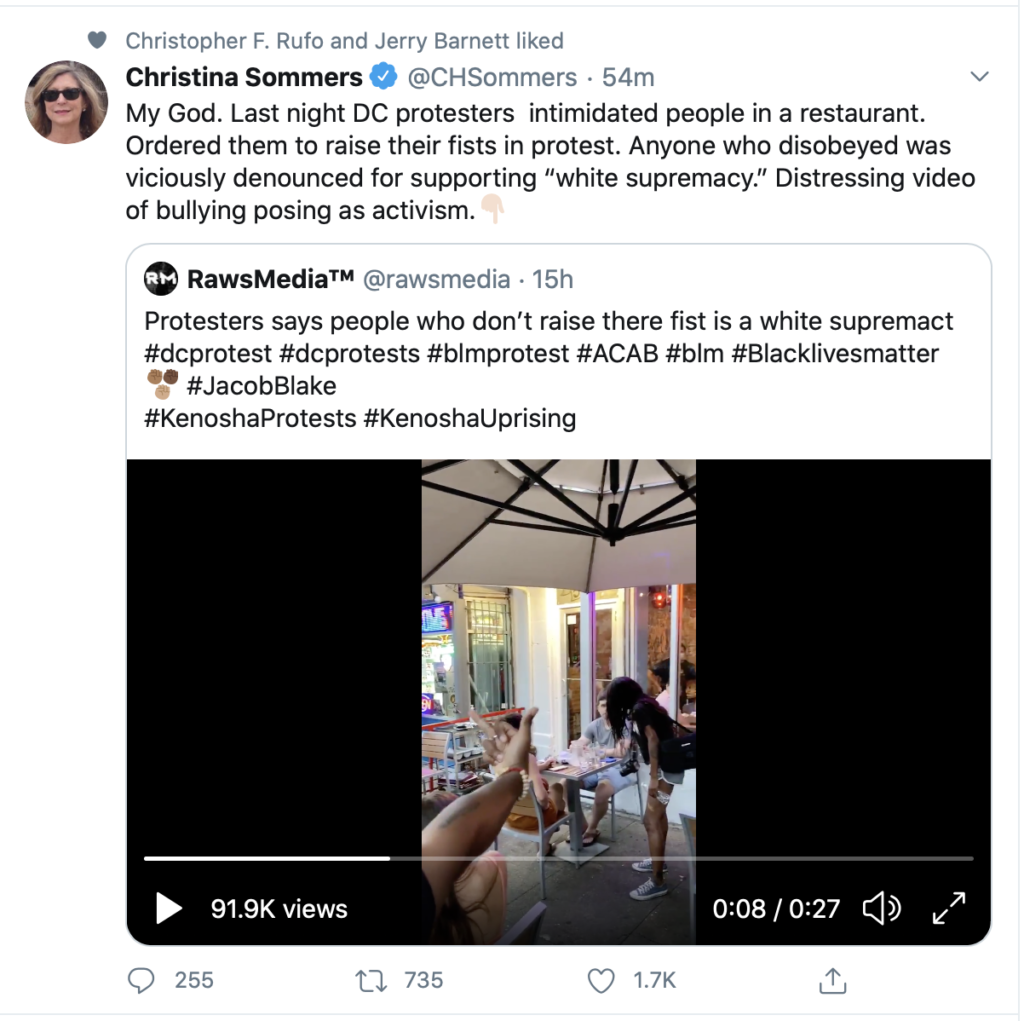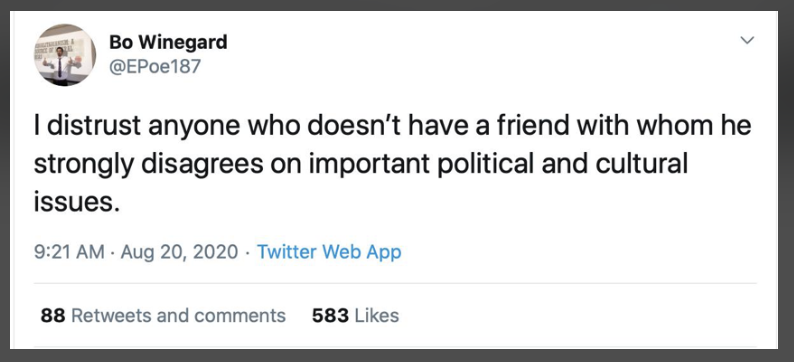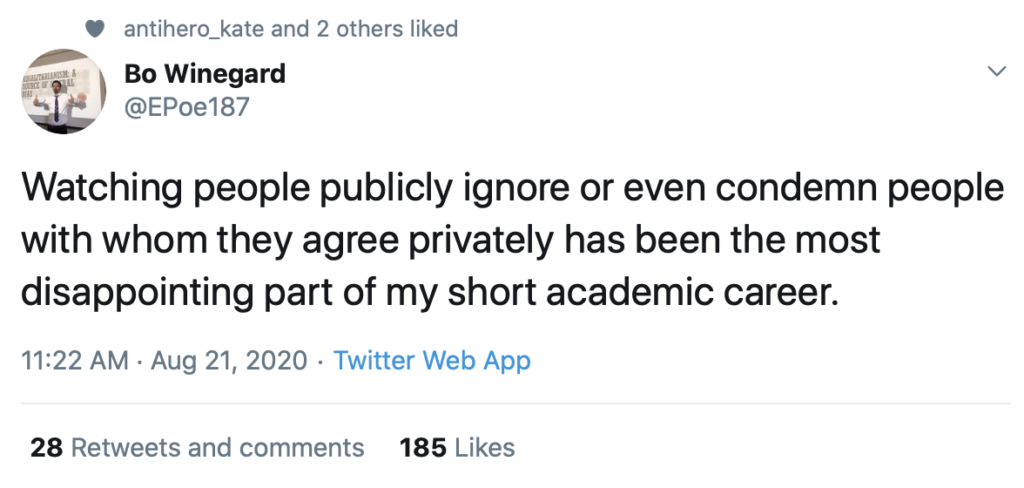The Topic of this Post is “Offensive”
[Note from Erich Vieth: Welcome to Bill Heath, our newest author at DI]
Greetings. I am, indeed, Bill Heath. I graduated Frostburg State University in 1970. I enjoyed the atmosphere of free exchange of ideas that the University promoted at the time. I have recently read the policy on posting at Lane University Center, and am disturbed. It appears unclear and and subject to abuse through capricious and arbitrary use. Specifically, " Postings that are deemed offensive, and/or that promote alcohol use, abuse, sale or distribution, will not be approved and are not permitted to be posted on LUC bulletin boards, with the exception of events approved by the University."
I have no problem with barring the alcohol-related content, nor the exception of University-approved events. I have a significant problem with "deemed offensive." The immediate questions are by whom, to whom, and under what standards?
I give a pass to postings and conduct that use a "reasonable person" standard, although I would prefer a "reasonable and prudent person" standard as that is better-defined in case law.
Under harassment policies, "Verbal/Written Assault includes verbal or written acts, including social media sites, which place a person in personal fear or which have the effect of harassing or intimidating a person...." authorizes the individual who believes he or she was offended, harassed or intimidated to set the standard, leaving the accused in a position of needing to prove his or her innocence. That policy cannot be reconciled with the University I attended, nor with my understanding of English Common Law and the U.S. legal practices descended from it. In short, without a revived office of the advocatus diaboli, or a Red Team with official sanction, the standards are clearly unconstitutional within a government entity such as FSU.A statement of policy is unlikely to be sufficient. Rather, action to affirm that the accuser's rights are not unlimited, nor are the accused's rights to be infringed.
I describe this example of a modern attempt to control speech to illustrate a wide and growing problem. For many additional examples courtesy of an organization that is willing to bring lawsuits against colleges and universities with over broad speech codes, see the website of FIRE, FOUNDATION FOR INDIVIDUAL RIGHTS IN EDUCATION.



